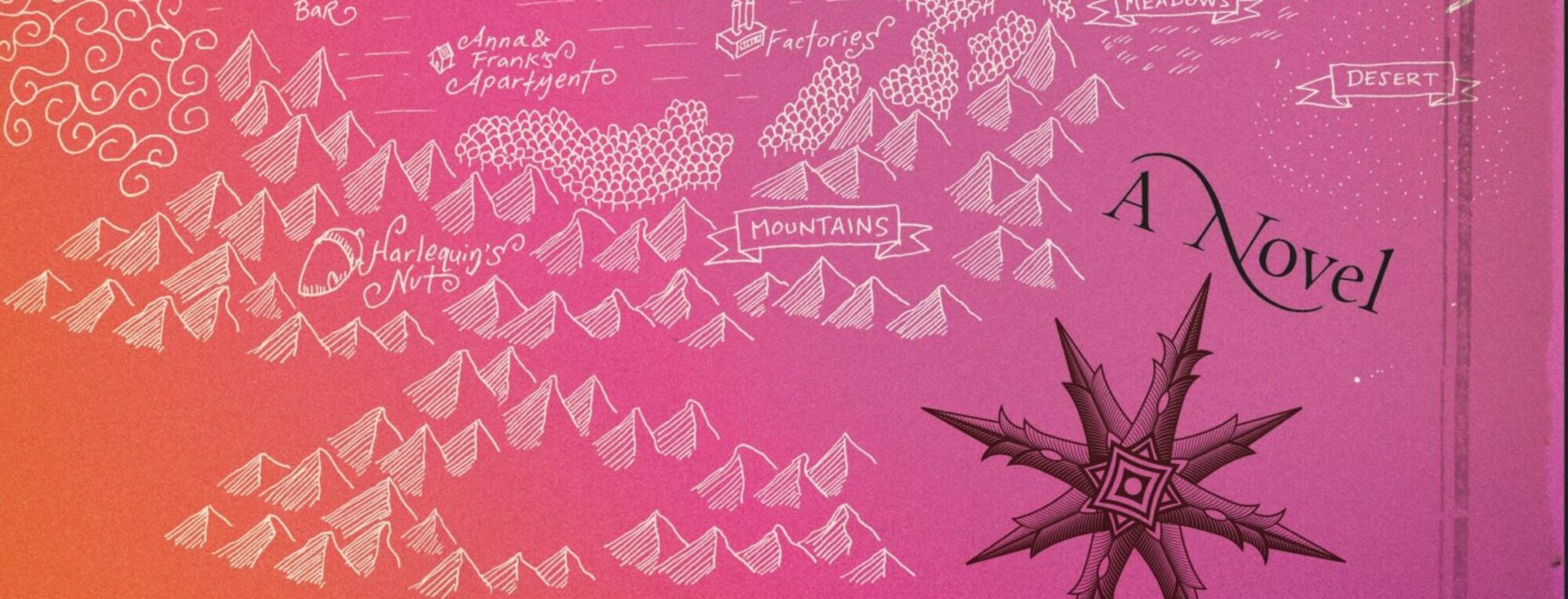 Hi there. This is from my new work in progress, Jailbreak, a memoir where all the fighting, contending characters are parts of me. For Part 1, see here.
Hi there. This is from my new work in progress, Jailbreak, a memoir where all the fighting, contending characters are parts of me. For Part 1, see here.
The jailer is not over-fond of food, but he does like to threaten prisoners with cutting a little flap of meat from them and eating it himself. He believes most will do whatever he wants to avoid becoming part of him. When he has me on the table next, he pops out a very sharp, pearlhandled knife, a beautiful thing, and moans as he shaves it gently across my cheek, as though I were a black truffle he had just been given. “Don’t you want to be inside me?” he asks. “Wouldn’t you like to make me vomit?”
***
I don’t know whether I want to make the jailer vomit.
I don’t know whether I want to be inside him.
He is inside me, that’s all I know. But I have to be truthful here: part of me *is* attracted to the jailer. On one level I would like to penetrate him, make him cry out in rapture, force him to drop his weapons out of too much joy. I could see us loving each other, could see us married and living together peacefully, blissfully in a willow bed of trust like Bert and Ernie. Would that solve things?
***
The jailer speaks:
Just putting one foot in front of the other foot is so hard. It hurts, and it’s slow. But it is not my job to complain about hurt or slow or hard or cold cold cold, it is my job to test, and to make sure, and to do right. It is my job to calibrate my negative reinforcements precisely to the work at hand. It is my job to look into everywhere, and to fight evil, and act.
It is my job to hold myself straight so that Donna will not fail.
Without me, everything sinks.
***
I have always been afraid that I would fall into the trash heap. Become oozy garbage, fall away and rot, and join — me, personally, Donna Minkowitz, join — what medieval people called a midden: the town’s heap of bones and animal carcasses, food waste, human dung they lived right next to. To become slime and fall away — sad — to fail while still alive. The reason I am afraid of this is that my mother thought my sisters and me were all right kind of I mean maybe but my father was a human turd. A poor human-shaped piece of shit with arms and legs, having the audacity to talk and think, and I was afraid that if my mother stopped liking me even a little more than she liked turds I would become one, too.
***
The jailer is a hero. He guards me against the filth that will corrode me from within, the evil impulse, and the blows I cannot take that attack me from without. He hurts me so the others will leave me alone.
***
He hurts me so the others will leave me alone.
***
I dreamed I was in my cell and the jailer kicked the door down. He hadn’t come to check on me in a long time. I stood in the corner and refused to look at him or speak to him, so he kicked me savagely in the stomach but I pulled him down on the floor, grabbing his legs, and we fought grappling head to toe, I bit him all over and sometimes I kissed him, bites and kisses full of saliva like a second-grader’s. But when I realized he was down and the door was open I ran out past him through it, leaving him lying there. I was free.
***
For years I have had an obsidian arrowhead on or around my desk. It freaks me out, but I keep it because of its power. I run my hands along its sharp edges — three sharp edges, plus the point — and know that it is the jailer’s weapon. It has always been here to help me do what I must. It is scary, a shiny black sharp thing like a priestess’s knife, made of lava flow.
The arrowhead is a form of volcanic glass, and it is meant to hurt. What they call “its energies” are scary.
It looks like the knife the priestess hefts to cut the animal’s throat or to slash a human victim across the neck. The victim is bound to the altar, and perhaps at the beginning the priestess’s hands were bound as well: maybe she cuts her own bonds with it first, but then she does what she has to do and slides it along the other woman’s throat.
The arrowhead has helped me do what I must but it frightens me inside. This piece of glass is about sacrifice, of the self or of another, take your pick. It is about dying imagined as the most needful, the most necessary thing — someone’s dying, anyhow.
Like this:
Like Loading...




